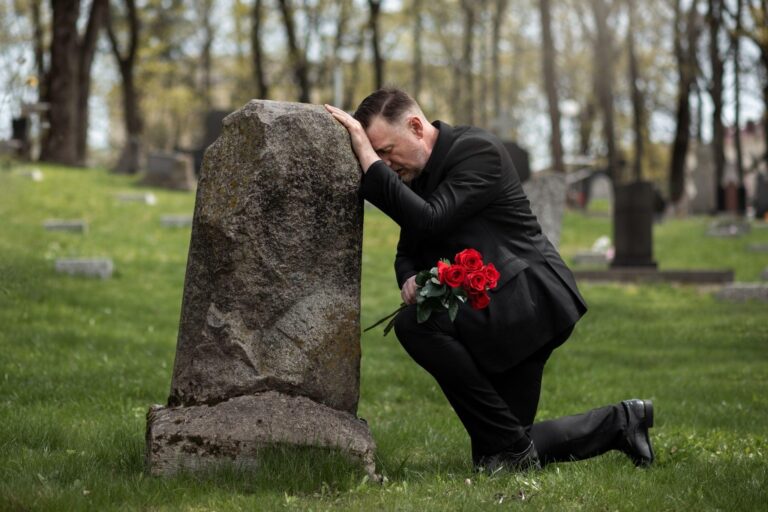Nearly 230,000 people died in 2022 from unintentional injuries. The most common causes were falls, crashes, and poisonings. If you have lost a loved one due to the negligent or intentional actions of another person or entity, your grief will likely be compounded by a sense of injustice. Coping with the complex emotions surrounding a wrongful death requires compassion, time, and expert support.
Seek Out a Specialized Wrongful Death Lawyer for Help
Should you hire a wrongful death lawyer? Competent wrongful death lawyers have experience guiding clients through the emotional struggles surrounding emotional distress after a traumatic loss. They understand the frustration, stress, and feelings of violation associated with preventable accidents and negligence.
A wrongful death attorney can help you:
- Navigate complex legal processes so you can focus on healing
- Connect to counseling and support groups
- Understand what compensation you may be entitled to
- Advocate for justice and prevent future wrongful deaths
According to one study, accident survivors working with attorneys experienced less depression and PTSD symptoms compared to those handling matters alone. Having strong legal guidance eases the burden on survivors.
Understand Your Emotions After a Wrongful Death
In the aftermath of wrongful death, survivors experience a wide range of difficult emotions, including anger, guilt, sadness, and fear. This emotional trauma is a normal reaction to an abnormal event.
Anger is a common response when someone feels their loved one was taken away unjustly. Guilt stems from thoughts of “if only I had…” Fear and anxiety may arise when considering an uncertain future without this person. Underneath the sadness is grief over the loss of companionship, support, and a shared future together.
Be patient and tolerant with yourself as you work through this turbulence of emotions. No one can dictate the “right” way to grieve. Accept your feelings, discuss them with others, and don’t judge yourself harshly. With time and support, the intensity of these feelings will lessen.
Access Grief Counseling
Many find solace and direction by accessing professional counseling after a tragic loss. Grief counselors specialize in the emotional trauma surrounding death and loss. They provide a safe space to process complex feelings and make sense of a changed reality.
According to another study, 60% of respondents said counseling helped them cope after a tragedy.
Some ways a grief counselor can help:
- Talk through memories and express emotions
- Develop coping strategies for triggers and setbacks
- Find purpose and meaning after loss
- Navigate relationship changes and new roles
- Develop an understanding of the grieving process
Lean On Your Support System
It’s essential to lean on others during this challenging time. Prioritize spending time with people who care about you and want to listen without judgement. Learning to accept support is an important part of the healing process.
According to a study in the Journal of Health Psychology, social support after traumatic events strongly predicted survivors’ emotional recovery. Make use of compassionate friends, religious communities, grief support groups, and mental health professionals.
Self-Care and Stress Management
The emotional upheaval of wrongful death can take a toll on your physical and mental health. Making self-care and stress management a priority helps combat the exhaustion and depression that often accompanies grief.
Healthy strategies include getting enough sleep, eating nutritious foods, exercising, practicing relaxation techniques and sticking to routines. Avoid using alcohol or drugs as a coping mechanism, as this can worsen emotional wounds over time.
Honor Their Memory – Death is not the End
Though the grief of losing someone never fully subsides, most survivors eventually adjust to a “new normal” while carrying the memory of their loved one. Find activities and rituals that honor their unique legacy and keep their spirit alive.
The traumatic emotions surrounding wrongful death have no timeline. Be patient, set small goals and know that though the grief changes form, your love for them lives on. With time, legal justice and the compassion of others, hope persists.

